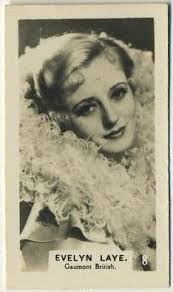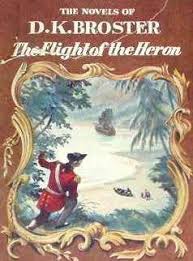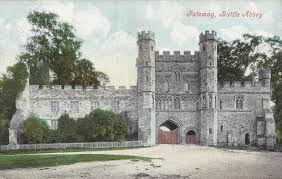
One of my most cherished memories from early childhood was being kissed by Prince Charming. I had no idea, of course, that this vision of manhood in his soft thigh-length boots and feathered hat who bent down and kissed my hand (which I would not allow to be washed for days) was a woman.
Whether I was disappointed when I found out that Prince Charming was the actress Evelyn Laye, doing a stint in pantomime at the Leeds Hippodrome, I don’t remember. But I can report still to be reeling from the discovery that D.K. Broster – writer of intoxicating novels of derring-do, which transported the twelve-year-old me from the confines of boarding school into the realms of pure romance – was also not a man!
It was trawling the internet on some quest or another (a friend calls this activity ‘falling down the rabbit hole’) that I happened on this unwelcome news. A woman! D. K. Broster?  Impossible. My yelps of dismay attracted the attention of my husband. He was sympathetic but uncomprehending. And, on reflection, should I not be glad to be able to add another name to the canon of women writers? Another victory for the sisterhood?
Impossible. My yelps of dismay attracted the attention of my husband. He was sympathetic but uncomprehending. And, on reflection, should I not be glad to be able to add another name to the canon of women writers? Another victory for the sisterhood?
But I don’t want D.K. Broster to be a woman. And what about Violet Needham and Harrison Ainsworth and all my other childhood favourites? Could they have been deceiving me too? Was John Buchan, perhaps, a Surrey housewife? Could P.C. Wren have been a lady, and the writer of Jean’s Golden Term a man?
Not only has the swashbuckling (as I had imagined) author of The Flight of the Heron turned out to be a woman, but also an alumna of my old college! More astonishing still was the discovery that while I was devouring her books behind the walls of Battle Abbey School, D.K. Broster was living down the road with a long-time female friend and companion.

Dorothy Kathleen Broster, born in Liverpool, 1877, died in Battle, Sussex, 1950.